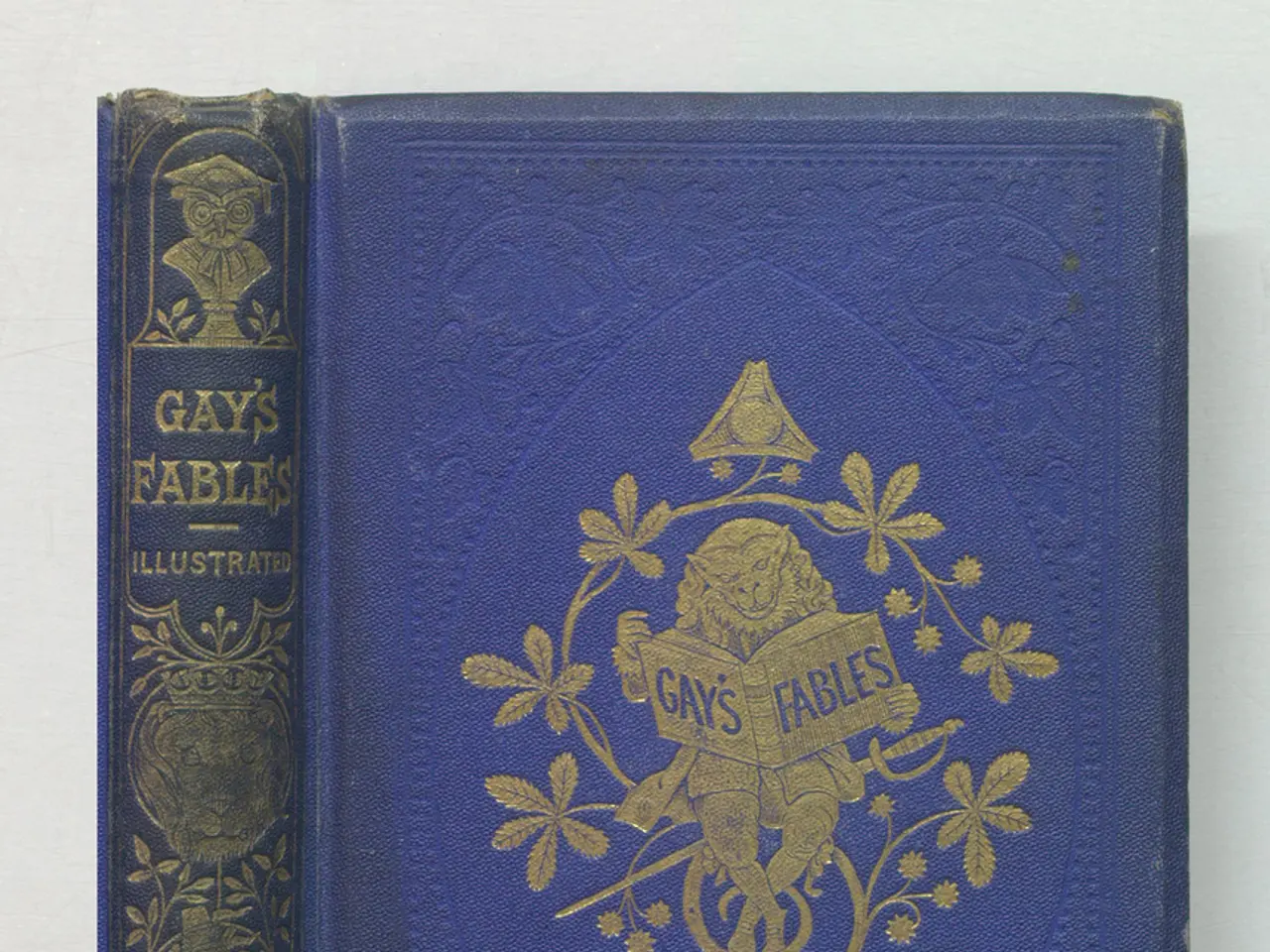Transformed Landscape of Queer Australian TV through Invisible Boys
In the scorching isolation of rural Western Australia, the Australian drama series Invisible Boys unfolds, adapted from Holden Sheppard's award-winning novel of the same name. The series, filmed on location, focuses on three teenage boys who carry invisible burdens such as secrets, shame, and the desperate hope of escape from their oppressive environment.
The series centres on themes of identity and resilience within the context of isolated rural life, highlighting the LGBTQIA+ experience and the emotional struggles of young men grappling with societal and self-imposed invisibility. These themes reflect the emotional core of Sheppard’s original novel, which addresses similar issues of sexuality, mental health, and the desire for acceptance in a small, conservative community.
Enoch Mailangi, creator of All My Friends Are Racist, infused Invisible Boys with Gen Z emotional texture, blending irreverence with lived truth. Allan Clarke, known for The Bowraville Murders and Incarceration Nation, brought investigative grit and cultural urgency to the series, particularly in Hammer's arc. Together, the team refracted Invisible Boys, creating a series that feels emotionally expansive, politically resonant, and cinematically fearless.
The adaptation preserves the novel's emotional core while expanding its narrative scope and reshaping elements to better suit the visual storytelling medium. This means the drama might include new perspectives or broader storylines to deepen character development and thematic exploration, going beyond the novel’s original focus. While details on specific plot divergences are limited, this approach often results in a richer, more layered experience in the series compared to the novel’s more intimate literary format.
Creator Nicholas Verso, along with Declan Greene, known for surrealism and emotional daring, helped translate the novel's internal monologues and emotional introspection into visual metaphors and raw dialogue. The series dismantles the idea of a singular queer experience by centering four distinct protagonists with different intersections of identity.
Invisible Boys stands out in the landscape of Australian queer television by pushing boundaries and diving deeper into the raw, regional, and often uncomfortable realities of queer adolescence. The series has made a striking impact on queer representation in Australia, embracing the raw, messy, and often painful realities of growing up queer in conservative towns.
The series was praised for sparking conversations around identity, mental health, and acceptance among various audiences, including families and communities. Invisible Boys uses intimacy coordinators to portray sex and desire with realism and vulnerability, challenging the "respectability politics" often imposed on LGBTQIA+ media.
Invisible Boys has found its home on Stan, with the series filmed in Western Australia. The series has made a significant contribution to the Australian television landscape, offering a powerful and impactful portrayal of youth identity struggles within an isolating environment while honoring the essence of Sheppard's source material.
The adaptation of Invisible Boys, originally a novel, delves into the realm of lifestyle, focusing on the narrative of three teenage boys and their struggles in a small, conservative community. This series, centred around themes of identity and resilience, is a significant addition to the fashion-and-beauty sector, given its exploration of the LGBTQIA+ experience.
In the world of education-and-self-development, the series provides valuable insights into personal-growth, shedding light on issues of sexuality, mental health, and the quest for acceptance. Social-media platforms have been abuzz with discussions about the series, reflecting the impact it has made on pop-culture.
Movies-and-tv enthusiasts will appreciate the emotional core of Invisible Boys, which is maintained from the novel, while the narrative scope is expanded to better suit visual storytelling. Career-development in the entertainment industry is evident in the collaborative efforts of creators like Enoch Mailangi and Allan Clarke, who brought their unique stylistic elements to the series.
Invisible Boys offers a rich entertainment experience, engaging audiences with its politically resonant and cinematically fearless portrayal. Celebrities and influencers have joined the conversation, acknowledging the series' role in breaking barriers and pushing pop-culture norms.
The series' exploration of sci-fi-and-fantasy elements, though not its primary focus, adds a layer of depth and imagination to the narrative. Sports fanatics can find connections with the series as it delves into the struggles and triumphs of its characters, akin to the highs and lows experienced in sports like football, baseball, hockey, golf, or basketball.
The NFL, WNBA, MLB, NHL, and even racing leagues such as American football, NBA, Masters, Grand Prix, horse-racing, NCAF football, tennis, sports-analysis, auto-racing, and mixed-martial-arts have their own unique narratives of resilience, identity, and triumph. Interestingly, Invisible Boys parallels these sports stories, albeit in a different context.
Invisible Boys, through its raw and honest portrayal, invites viewers to question their preconceived notions about the queer experience. It encourages conversations about identity, mental health, and acceptance, making it a valuable tool for education-and-self-development and personal-growth.
The series' commitment to accurate representation and intimate portrayals of sex and desire makes it a trailblazer in the field of entertainment, challenging the "respectability politics" often imposed on LGBTQIA+ media. Its impact on pop-culture is undeniable, contributing to a more inclusive and accepting society.
Invisible Boys is now available to stream on Stan, offering viewers a deeply moving and impactful journey into the complex world of queer adolescence in rural Australia. As it continues to make waves in the entertainment industry, the series serves as a testament to the power of storytelling in promoting change and fostering understanding.




